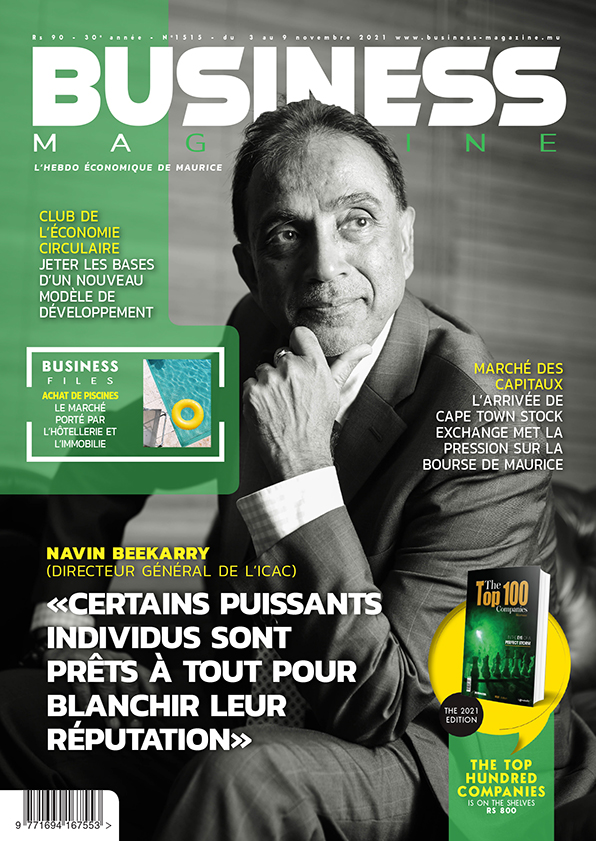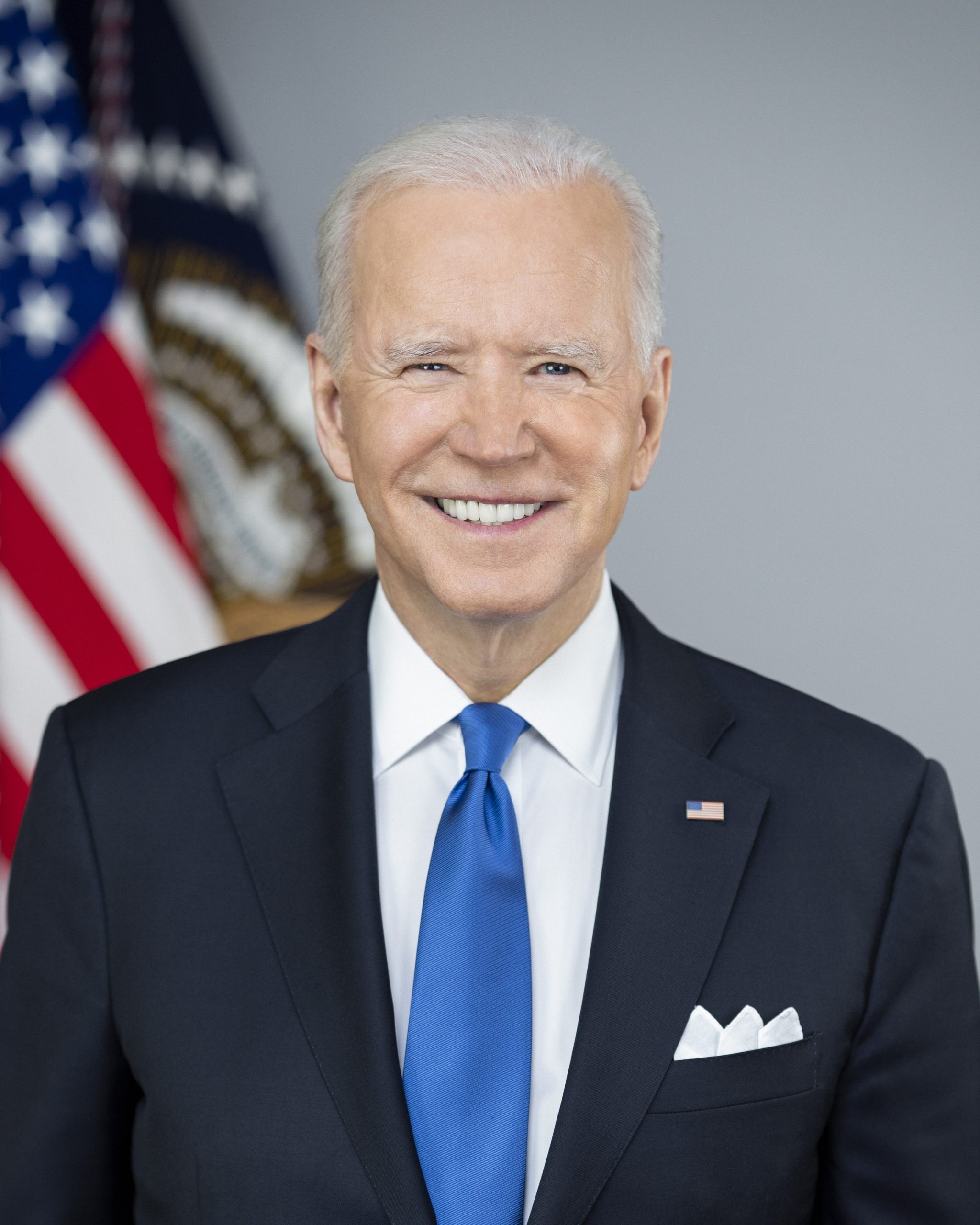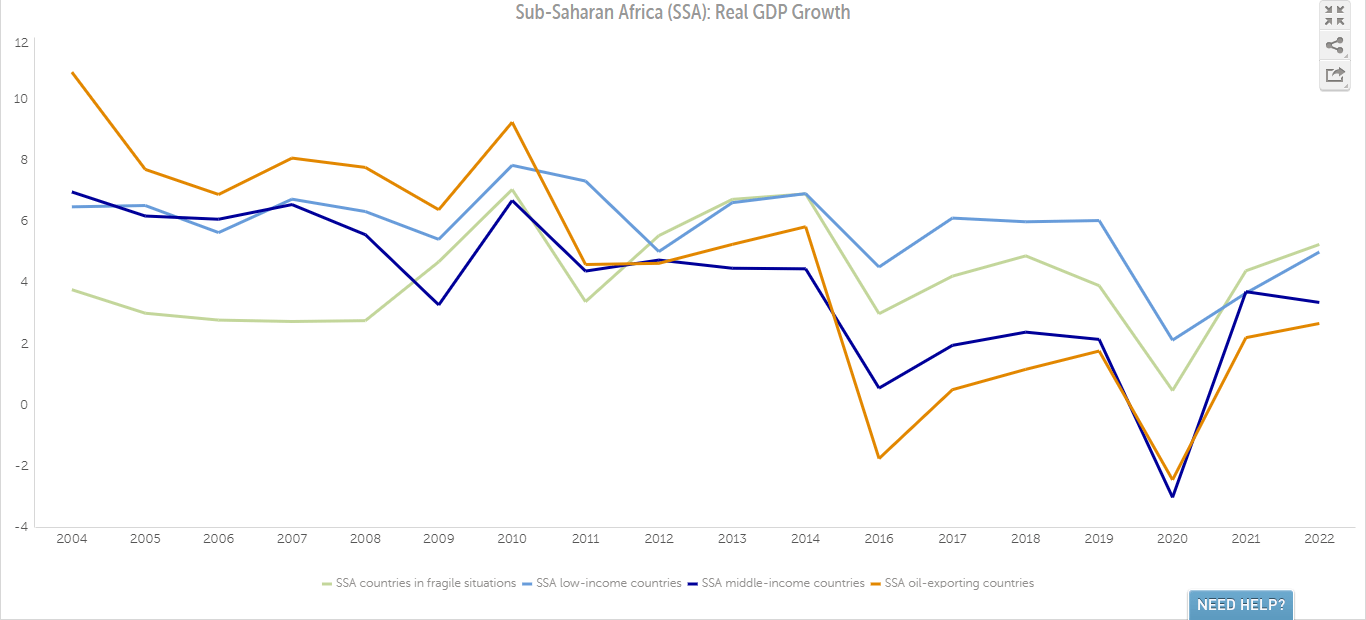The immediate need for international mindset
Share

For the past decade, we all have been talking about global village, global economy, but are we ready to move to those phenomena? Have we ever thought about ou rmindset and what we should do to be there? The professional skills needed for tomorrow are no longer technical. Algorithms soon will replace the need for engineers, mathematicians, and financiers. But what computers will never replace is the ability to facilitate dialog across cultures. Developing a global mindset and leading with cultural intelligence are two phrases that are used more often by management teams, and that can be defined as making oneself understood where cultural differences are atplay.
The economic landscape is changing rapidly and becoming increasingly global. For every company, market opportunities, critical resources, cutting edge ideas and competition lurk are not just around the corner, but on our back.
Heterogeneity across cultures and markets is a pervasive feature of the global economic landscape. How people perceive and interpret the international, social and economic environment has a major impact on the strategies being sought. Wewould need to explore the concept of international mindset and why it is important in today’s business world.
Developing your global mindset will enable putting up and making strategies and messages that resonate with markets throughout the world.
There are three main capitals of a global mindset: Intellectual Capital, Social Capital and Psychological Capital. Withineach Capital, there are three competencies which define that Capital.
Intellectual Capital
Intellectual Capital reflects the overall international knowledge. The threecompetencies of Intellectual Capital are:
• Global Business Savvy or the awarenesslevel of international business and industry trends, such as business and marketing strategies, supplier chains and ways to assess international risks and opportunities.
• Knowledge of different cultures which includes history, geography and recent world events, all of which help provide background information.
• Cognitive Complexity or ability to analyze and solve complicated problems and your ability to clearly communicate these solutions.
Intellectual Capital is the component that is most easily improved. Reading magazines and books, watching TV shows and movies, accessing internet sites and attending lectures and classes with a global ‘bend’ can greatly increase yourIntellectual Capital.
Social Capital
Social Capital reflects the ability to interact effectively with other people from cultures different from your own! It is the ability to engender trust, which consists of three attributes:
• Intercultural ability to understand and engage people from different cultures
• Intercultural relationships with people from multiple cultures and your ability to negotiate with people fromother parts of the world.
• Diplomacy to start a conversation with a stranger and to listen, integrate differences of opinion and create collaborative solutions.
Social Capital is in the middle of the threecapitals in terms of ease of improvement. The development of Social Capital requires that you increasingly seek out, interact, receive feedback and make improvements in youreffectiveness with people from backgrounds different from your own.
Psychological Capital
Psychological Capital reflects how motivated a personis to develop the ability to deal with people who are different from himself, and would include:
• Desire for new and unusualexperiences. You may enjoy travelling and venture, particularly to foreign countries.
• Willingness to test and put oneself into challenging situations.
• Self-assurance will consist of energy level because dealing with people who are very different from you requires stamina. It also includes the ability to maintain serenity in uncomfortable and difficult situations.
Natural Psychological Capital is the most difficult domain to improve, because it requires changing your natural reactions. One can do this by deliberately exposing to new and uncomfortable settings. According to my experience, this can be most easily accomplished by seeking advice from a mentor or coach.
How successful a company is at exploiting emerging opportunities and lacking their accompanying challenges depends crucially on how intelligently it observes and interprets the dynamic world. Creating a global mindsetis a requirement for building this type of intelligence. Whatdoes all this mean for global organizations and leaders?
First, a company’s vision and values must show global consistency. However, its workplace practices, which translate policy guidelines intoday-to-day procedures, should be locally determined. The need for global consistency would favor policies that accentuate formalization, standardization and global dictates, whereas a need for local responsiveness would favor flexibility, customization and delegation.
A global mindset can be the new competitive advantage in the market place, so a global corporation needs a high stock of global mindset! But, as far as development is concerned, it must bedriven by an organization’s global business strategy, although wha tneeds to be learned is not all business-related.

















